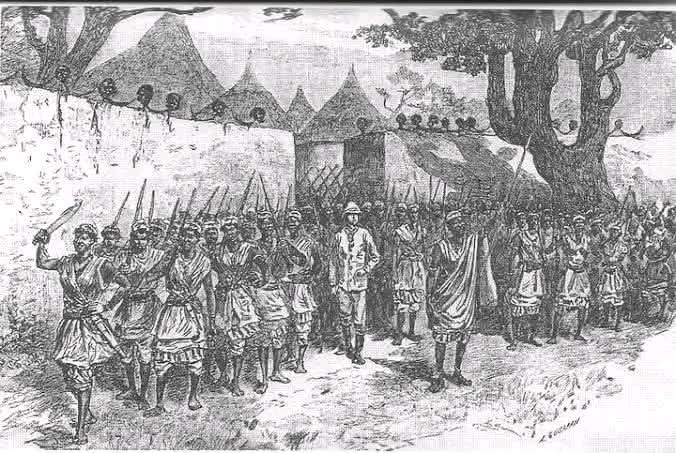The Five Great Yoruba Wars and Lessons learnt
The Five Great Yoruba Wars and Lessons learnt:
“The Yoruba people of southwestern Nigeria endured a century of wars in the 1800s that shaped their history and instilled a deep respect for peace. Here’s a quick summary of some important wars
1: Owu War (1821–1828): Owu-Ipole faced a coalition of Oyo, Ijebu, and Ife over trade disputes and power struggles. After a brutal siege, Owu was destroyed, its people scattered to places like Abeokuta. Lesson: Internal division can lead to catastrophic loss, pushing Yoruba to seek unity.
2: Osogbo War (1840): Ibadan defeated a Fulani invasion from Ilorin at Osogbo, protecting Yorubaland from northern conquest. This victory showcased Yoruba resilience but highlighted the need for alliances against external threats. Lesson: Strength lies in collective defense, not reckless battles.
3: Ibadan-Ijebu War (1877): Tensions over trade routes led Ibadan to attack Ijebu, but the conflict ended in a stalemate. It set the stage for broader wars, showing the cost of economic rivalries. Lesson: Trade disputes can escalate, requiring diplomacy over swords.
4: Egba-Ijebu War (1832–1834): The Egba, newly settled in Abeokuta, clashed with Ijebu over territory and trade. The Egba’s victory strengthened their position but deepened inter-Yoruba rivalries. Lesson: New settlements need negotiation to avoid conflict with neighbors.
5: Kiriji War (1877–1893): The longest Yoruba civil war saw Ibadan’s quest for centralized rule clash with the Ekiti-Parapo’s fight for autonomy. Cannons roared, spies thrived, and a 1886 peace treaty ended the stalemate, with Peregun trees planted for unity. Lesson: Prolonged wars drain all sides, making peace treaties vital.
Why Yoruba Are Cautious About War: These wars—marked by destruction, displacement, and up to 400,000 fighters in Kiriji alone—taught the Yoruba the high cost of conflict.
The fall of Owu, the stalemate of Kiriji, and the strain of other wars led to a culture valuing diplomacy, unity, and strategic restraint.
Today, festivals like the Kiriji Festival and calls for a Yoruba War Museum celebrate this legacy of resilience and peace. “
